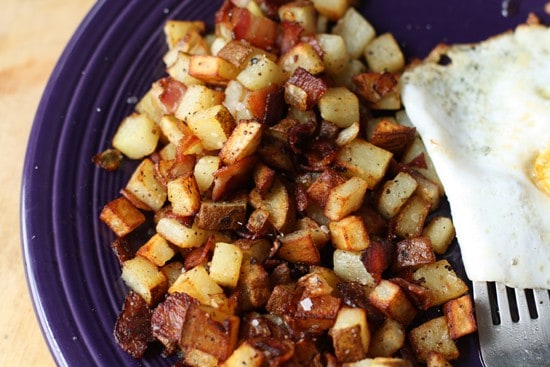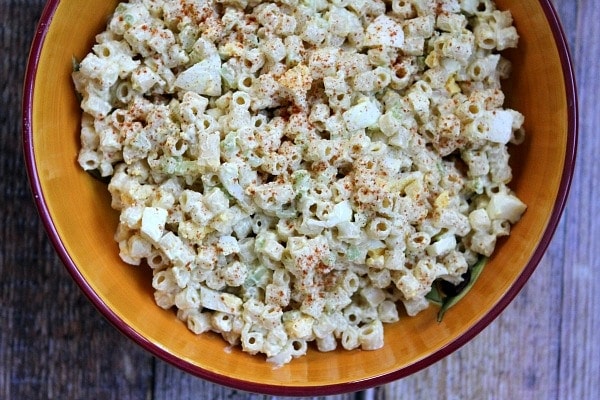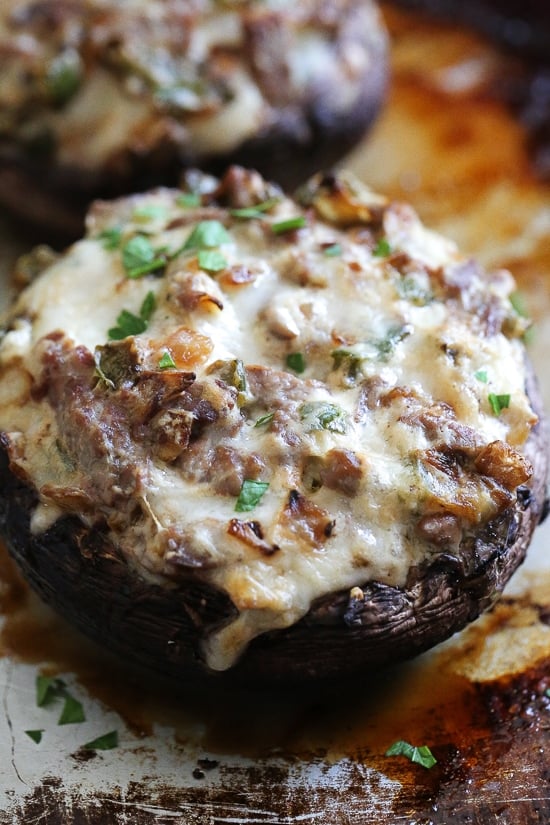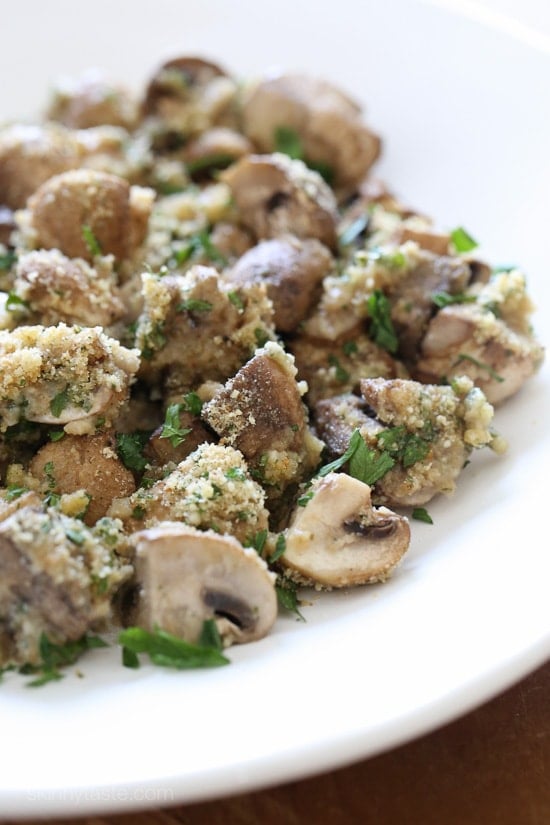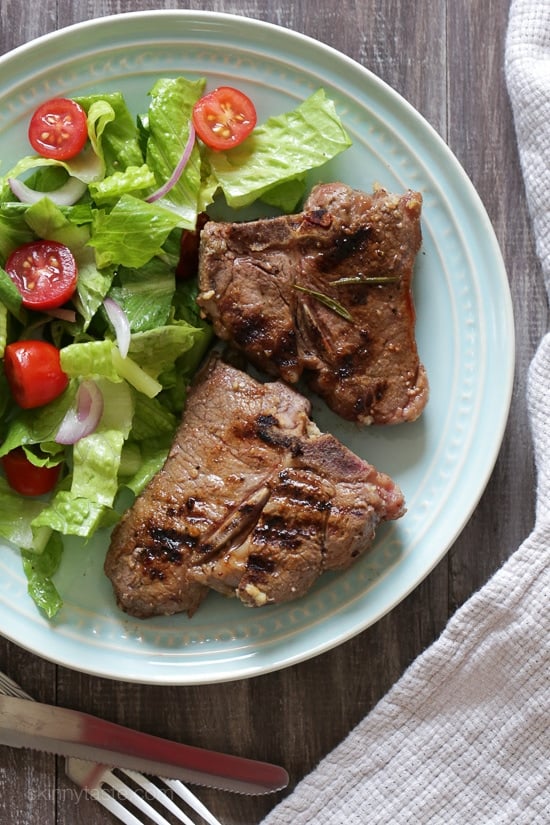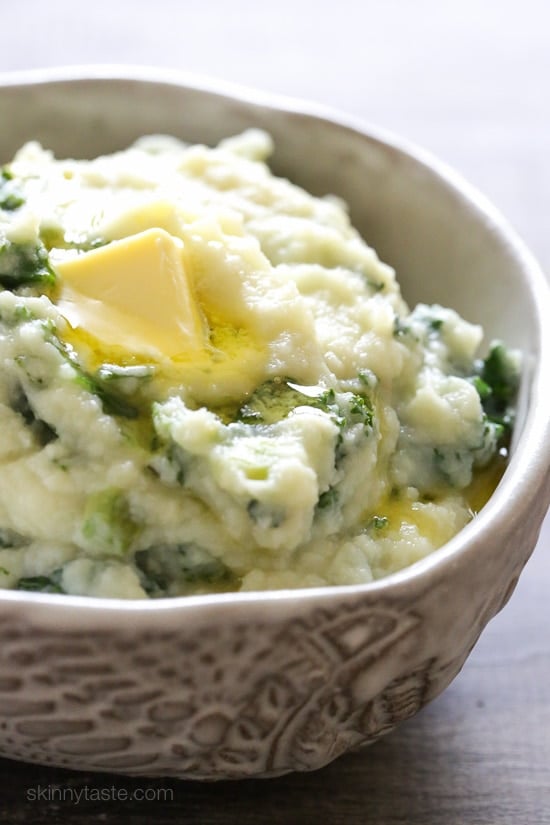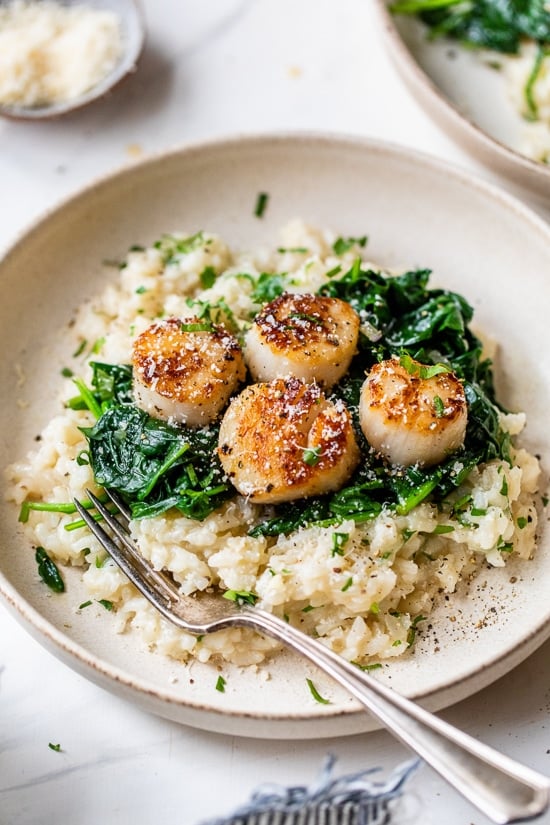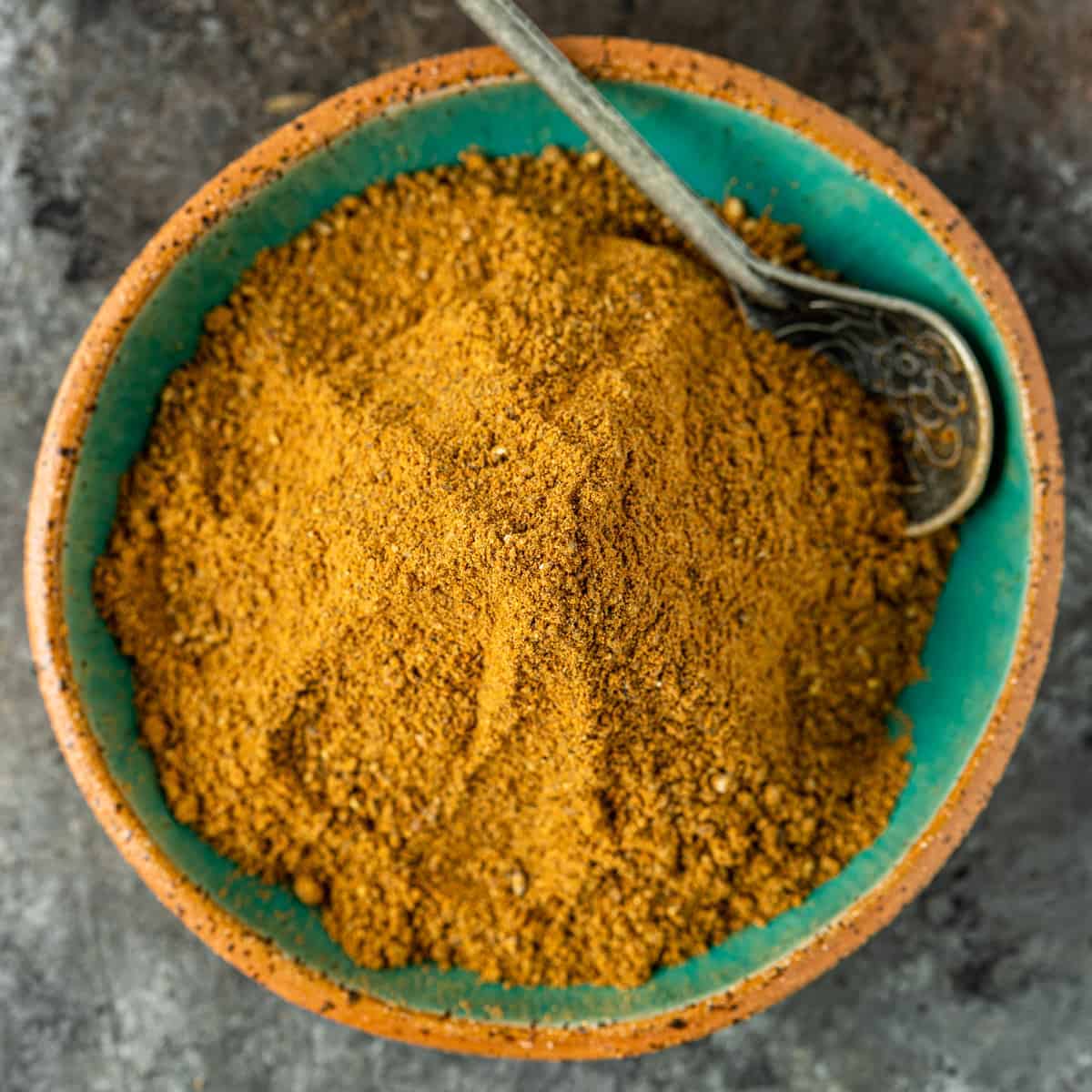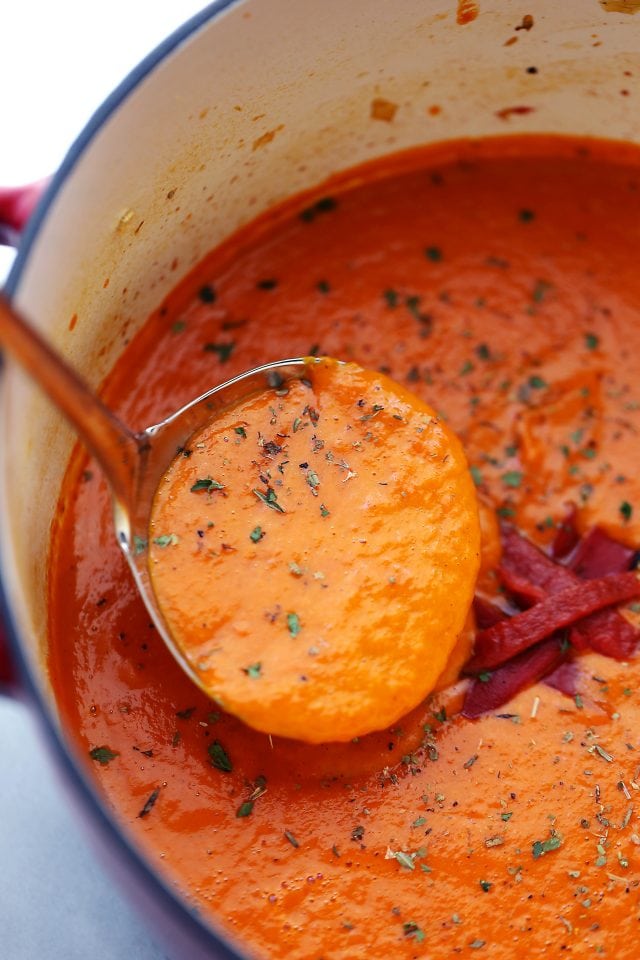Black Pepper: Important Facts, Health Benefits, and Recipes
Black pepper is a versatile and widely used spice known for its pungent flavor and potential health benefits, such as improving nutrient absorption.
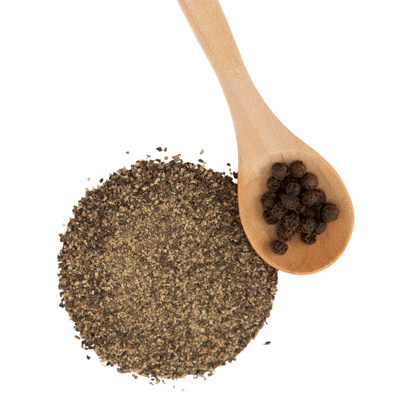
Best Black Pepper Recipes
-
:max_bytes(150000):strip_icc()/__opt__aboutcom__coeus__resources__content_migration__serious_eats__seriouseats.com__recipes__images__2012__03__20120315-dt-black-pepper-tofu-primary-83284893f7e647ac88a3eace5705f641.jpg)
-

-
-

-

-
:max_bytes(150000):strip_icc()/__opt__aboutcom__coeus__resources__content_migration__serious_eats__seriouseats.com__recipes__images__2014__08__20170726-fig-goatcheese-milkshake-autumn-giles-4de5b04981e44f2fa4087e3320693bbe.jpg)
-
:max_bytes(150000):strip_icc()/__opt__aboutcom__coeus__resources__content_migration__serious_eats__seriouseats.com__recipes__images__2015__09__20150915-CranberryBlackPepperShrubCocktail-cocktails-ElanaLepkowski-3dff1be74bdd4dd3a8de960bd43ac3af.jpg)
-
-
-
![The Secret Ingredient (Black Pepper): Sweet Cream Ice Cream with Strawberry-Black Pepper Sauce Recipe Image]()
-
![Black Peppercorn Limeade Recipe Image]()
-
![Peppercorn Romano Zoodles Image]()
-
![Green Peppercorn Pan Sauce Recipe | Sauced Image]()
-
![The Secret Ingredient (Pink Peppercorn): Pink Peppercorn and Parmesan Gougères Recipe Image]()
-
![Pork Schnitzel Sandwiches Image]()
-
![Bacon Hash Image]()
-
![The Tempeh Scramble Image]()
-
![Bagel Club Sandwiches Image]()
-
![Pulled Chicken Empanadas Image]()
-
![Pesto Kale Quiche Image]()
-
![Easy Skillet Queso Dip Image]()
-
![Green Bean Casserole Image]()
-
![Old Fashioned Macaroni Salad Image]()
-
![Easy Gourmet Salad Image]()
-
![Food Cart-Style Chicken Salad with White Sauce Image]()
-
![Parmesan Crusted Delicata Squash Image]()
-
![Philly Cheesesteak Stuffed Portobello Mushrooms Image]()
-
![Summer Cavatelli with Corn, Tomatoes and Zucchini Image]()
-
![Goat Cheese Herb Omelet with Lox Image]()
-
![Skillet Cheesy Chicken and Veggie "Rice" Image]()
-
![Breakfast BLT Salad Image]()
-
![Lobster Asparagus Chopped Salad Image]()
-
![Dina's Tossed Mushrooms Image]()
-
![Summer Corn, Tomato and Avocado Salad with Creamy Buttermilk-Dijon Dressing Image]()
-
![Protein Egg and Quinoa Salad Jars Image]()
-
![Grilled Rosemary Lamb Chops Image]()
-
![Creamy Cauliflower Mash with Kale (Low-Carb Colcannon) Image]()
-
![Hot Chicken Philly Cheesesteak Dip Image]()
-
![Seared Scallops over Wilted Spinach and Parmesan Risotto Image]()
-
![Steak Fajita Seasoning Image]()
-
![Parmesan Crusted Chicken with Mustard Cream Sauce Image]()
-
![Smoked Pulled Pork Sandwich with Pineapple Image]()
-
![Moroccan Seven Spice Blend Image]()
-
![Piquillo Peppers Tomato Soup Recipe Image]()
-
![Spinach, Kale and Spaghetti Squash Fritters Image]()
-
![Rosemary Lemon Roasted Turkey Image]()
-
![Garden Salad Feta-Stuffed Burgers Image]()
-
![Smoked Salmon Scrambled Eggs Image]()


/__opt__aboutcom__coeus__resources__content_migration__serious_eats__seriouseats.com__recipes__images__20110221BlackPepperStrawberryIceCream-f29e6983ecda421d98c08cd88464bfea.jpg)
:max_bytes(150000):strip_icc()/__opt__aboutcom__coeus__resources__content_migration__serious_eats__seriouseats.com__recipes__images__2013__06__20130603-254586-black-pepper-limeade-6df8799fef164eaca5b12a6057e472a4.jpg)

:max_bytes(150000):strip_icc()/__opt__aboutcom__coeus__resources__content_migration__serious_eats__seriouseats.com__recipes__images__2011__10__20111023-176322-green-peppercorn-pan-sauce-46840f6bf0d6401eb1e51294ca434003.jpg)
:max_bytes(150000):strip_icc()/__opt__aboutcom__coeus__resources__content_migration__serious_eats__seriouseats.com__recipes__images__20100411PinkPeppercornParmesanGougere610-ab9764f0e75f489ab04a036af2a979a5.jpg)

